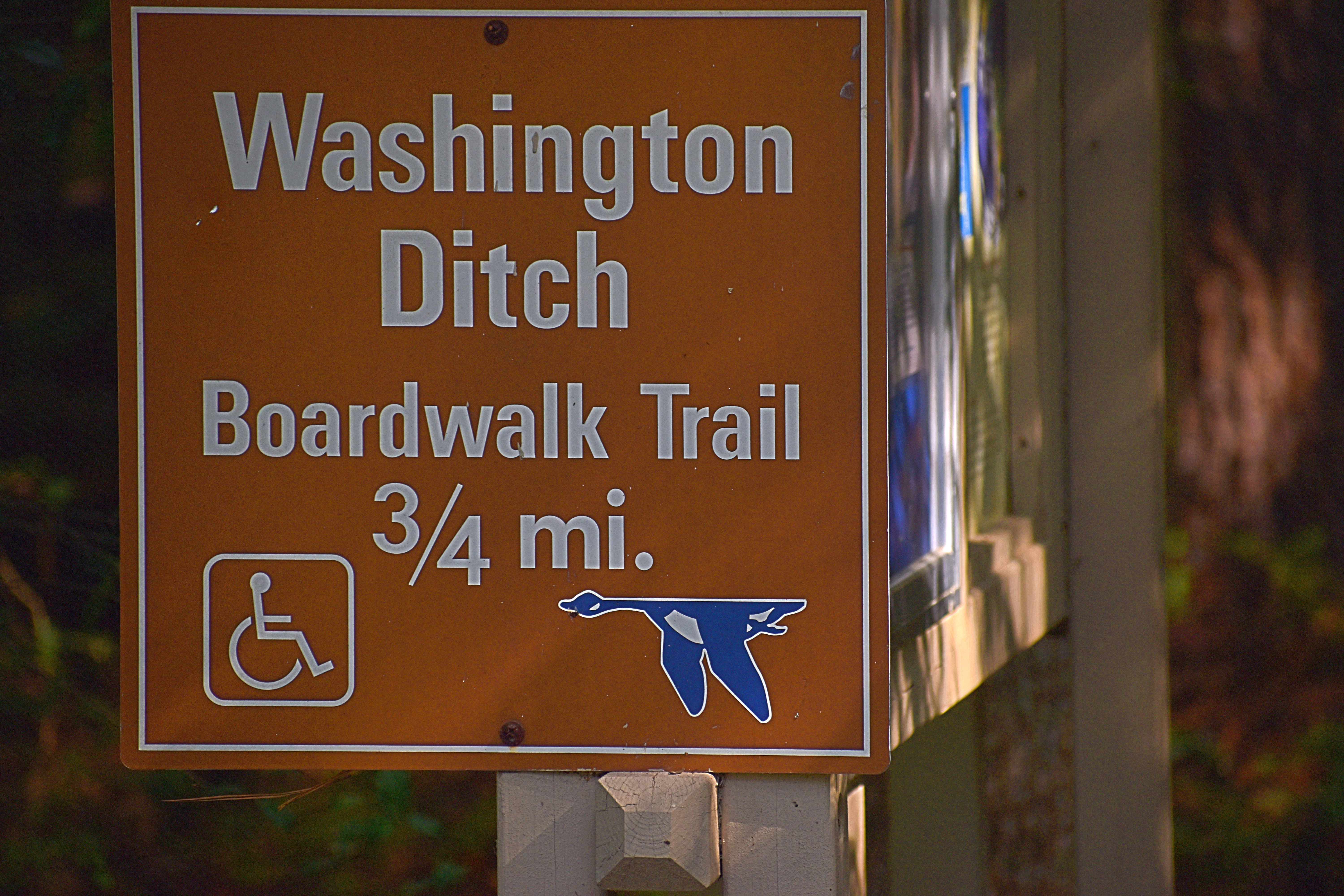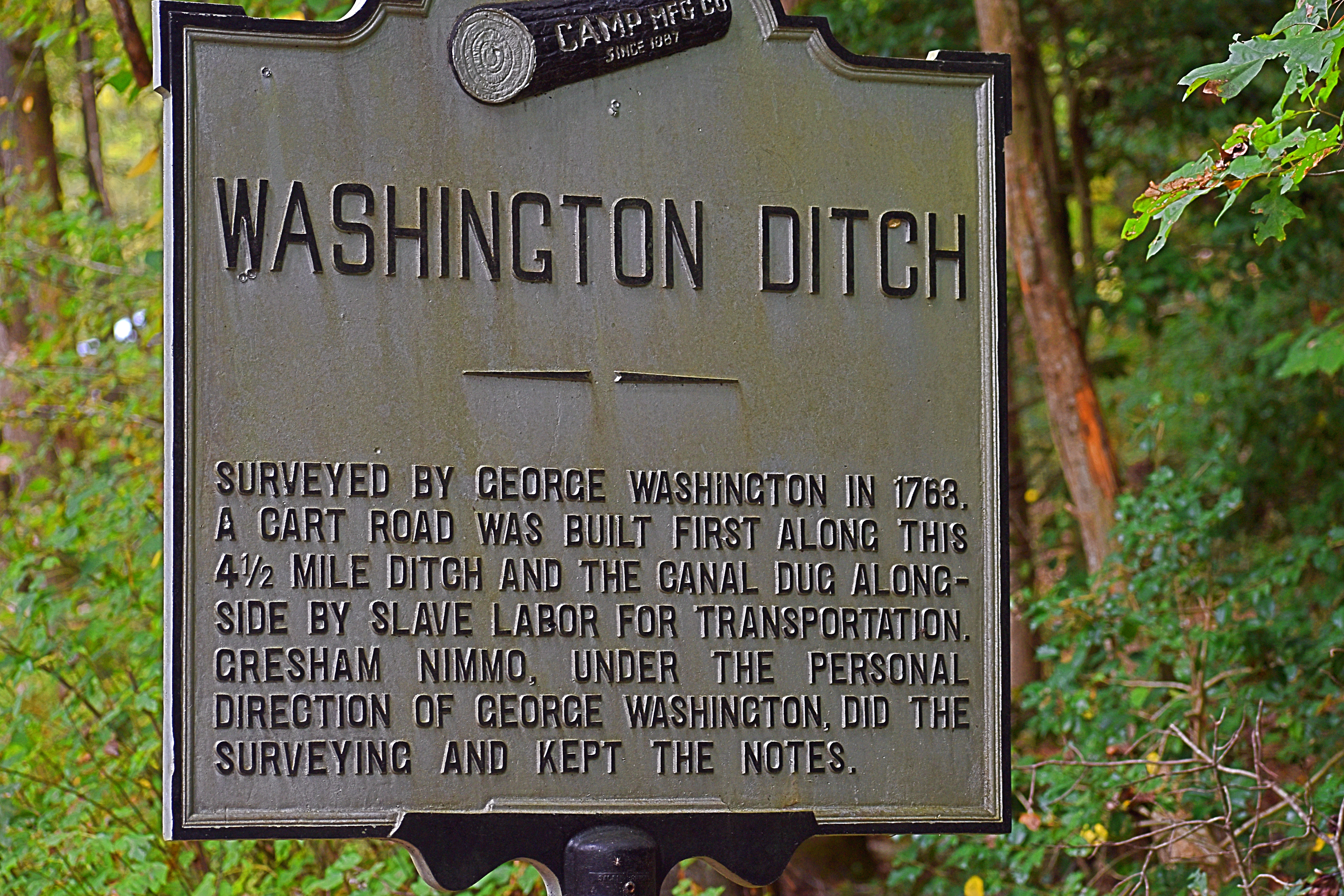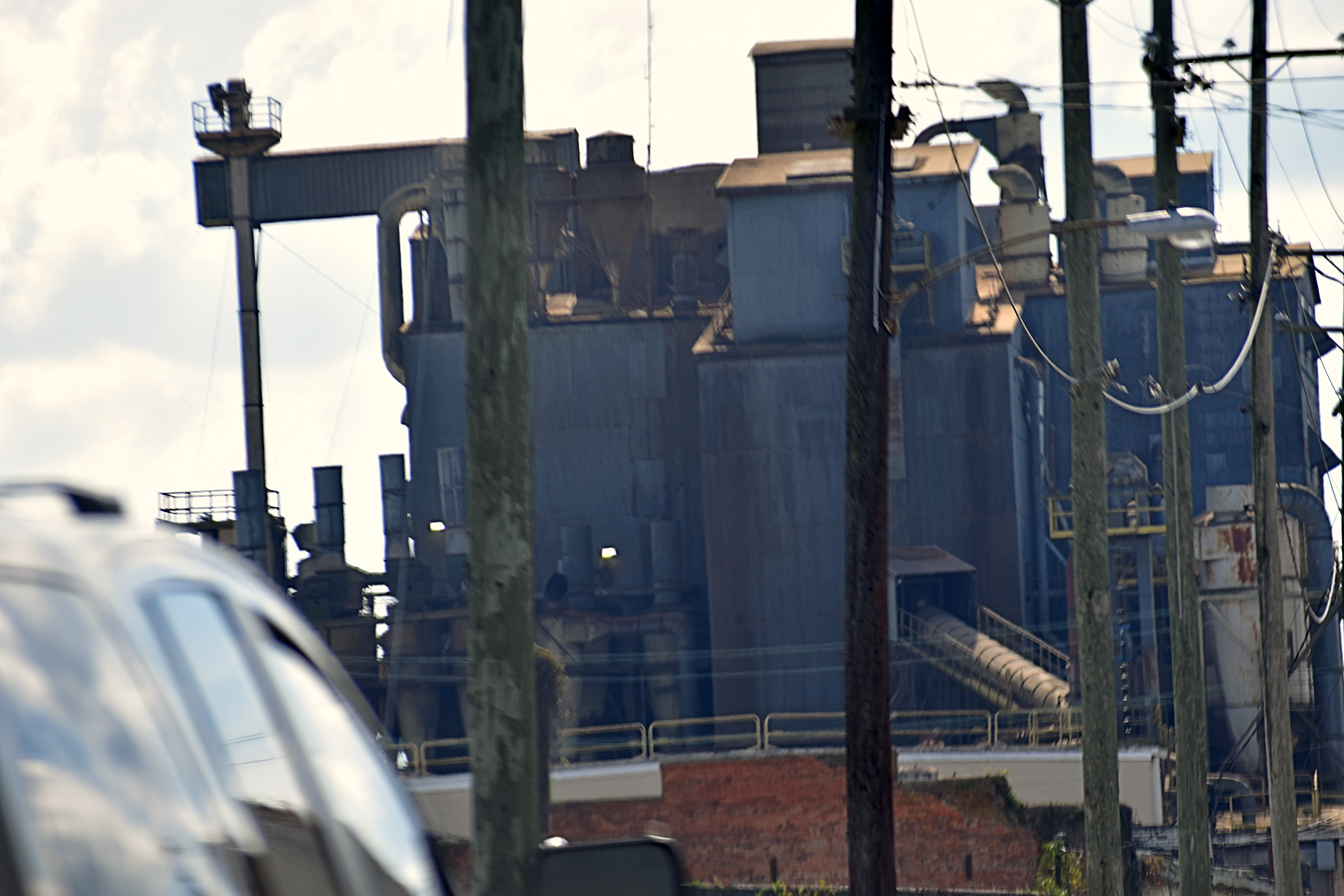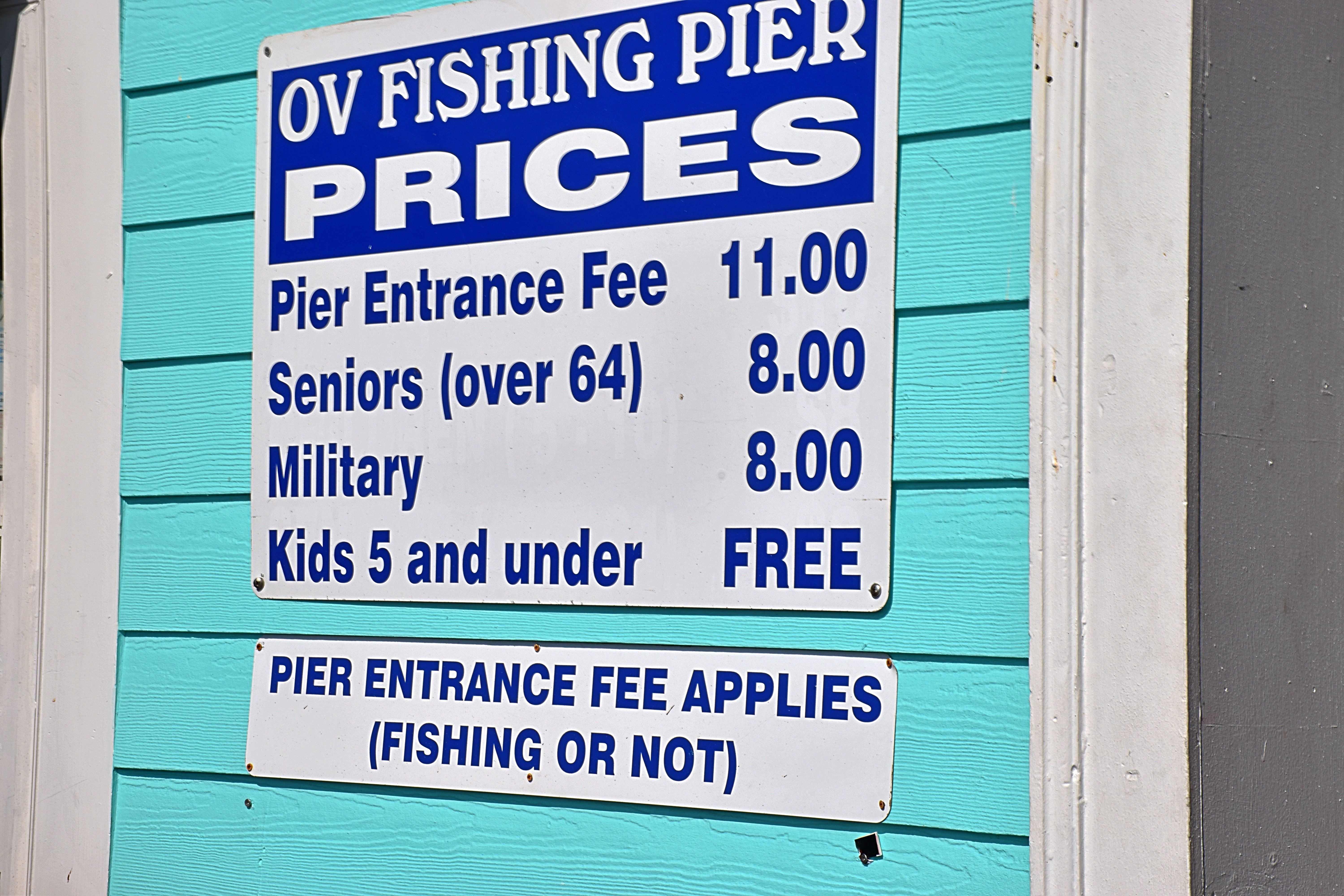People in media and elsewhere are falling all over themselves to influence the public’s understanding of Donald Trump’s guilt for multiple crimes while in office and thereafter. The nature of these “explanations” for the “difficulties” of convicting Trump have shifted somewhat. At first, there were the “defenses” suggested around whether Trump was legally responsible for inciting the January 6 attack on the Capitol. You know, the First Amendment that he was just engaged in protected “political speech.” That argument has pretty much dissolved in the face of overwhelming evidence developed by the January 6 Select Committee and other sources noting, correctly, that speech that is part of a criminal conspiracy, for example, is not protected “freedom of speech.”
We now have Republicans with credentials suggesting there are major difficulties in the path of Attorney General Garland’s struggle whether to indict the former president. In a Sunday New York Times “Guest Essay,” entitled “Prosecute Trump? Put Yourself in Merrick Garland’s Shoes,” Jack Goldsmith argues that the AG has three difficult decisions to make.
Mr. Goldsmith’s credentials are imposing. He served in the George W. Bush administration as an assistant attorney general, office of legal counsel, and as special counsel to the general counsel (??) of the Department of Defense. He is a Harvard law professor and a senior fellow at the Hoover Institution (yes, that Hoover), and a co-author of “After Trump: Reconstructing the Presidency.”
To his credit, Goldsmith admits up front that Trump’s claim of election fraud was false. He also admits that, faced with multiple failures to secure his objective, Trump “riled up a mob, directed it to the Capitol and refused for a time to take steps to stop the ensuing violence.”
To mitigate this problematic situation, Goldsmith says Garland must first decide who should decide whether to indict Trump. He argues that DOJ likely has a conflict of interest because Garland’s “boss,” President Biden, is a likely opponent of Trump in the 2024 election. Thus, if another condition is met (Garland believes appointment of a special prosecutor is “in the public interest”), the AG must appoint a special counsel (another Mueller) to investigate Trump and decide the indictment issue. He goes so far as to note that “some people” believe that a quasi-independent special counsel should be a Republican (and you thought my reference to Mueller was just historical; remember who we’re talking about here).
After more back-and-forth, and like a good law professor, Goldsmith concludes this issue with the observation that “Garland could legitimately conclude that the public interest demands that the Trump matter be guided by the politically accountable person whom the Senate confirmed in 2021 by a vote of 70-30.” I think that means Garland could decide that Garland should decide.
This is where things get really hinky. The second major decision, Goldsmith says with a straight face, is whether Garland,
has adequate evidence to indict Mr. Trump… The basic question here is whether, in the words of Justice Department guidelines, Mr. Trump’s acts constitute a federal offense and “the admissible evidence will probably be sufficient to obtain and sustain a conviction.” [emphasis added]
These issues, Goldsmith says, “will be hard conclusions for Mr. Garland to reach.”
To that, I say, C’mon, man. Be serious.
Goldsmith’s argument is that the evidence developed by the January 6 Select Committee is too “one-sided” and that,
Garland must assess how any charges against Mr. Trump would fare in an adversarial criminal proceeding administered by an independent judge, where Mr. Trump’s lawyers will contest the government’s factual and legal contentions, tell his side of events, raise many defenses and appeal every important adverse legal decision to the Supreme Court.
Putting aside the position of the freshly corrupted Supreme Court (the Thomas scandal, questions about who paid Kavanagh’s debts, etc.), the rest of these issues, while certain to be raised, pose no serious threat to a well-crafted evidentiary case that overwhelmingly, just on what we now know, demonstrates Trump’s guilt on multiple federal counts. See, for example, the Brookings Institution’s report, Trump on Trial. See prior post, https://shiningseausa.com/2022/06/20/trump-crimes-report-marked-up/ And that does not include the nine remaining counts of obstruction of justice that Mueller uncovered but felt he was blocked by DOJ policy on indicting a sitting president.
Undeterred, Goldsmith suggests Trump has potential defenses in the argument that “he lacked criminal intent because he truly believed that massive voter fraud had taken place” and “his interpretations of the law, his pressure on Mr. Pence, his delay in responding to the Capitol breach and more — were exercises of his constitutional prerogatives as chief executive.” I don’t know whether to laugh or cry.
Goldsmith can call these arguments “legally powerful claims” all he wants, but the weight of reality is simply too great here. More on the “intent” issue in a bit.
Goldstein then says the third issue, in his reckoning the most difficult, is: “whether the national interest would be served by prosecuting Mr. Trump.”
He rightly says this is “a judgment call about the nature, and fate, of our democracy.”
A failure to indict Mr. Trump in these circumstances would imply that a president — who cannot be indicted while in office — is literally above the law, in defiance of the very notion of constitutional government. It would encourage lawlessness by future presidents, none more so than Mr. Trump should he win the next election. By contrast, the rule of law would be vindicated by a Trump conviction. And it might be enhanced by a full judicial airing of Mr. Trump’s possible crimes in office, even if it ultimately fails.
And yet Mr. Garland cannot be sanguine that a Trump prosecution would promote national reconciliation or enhance confidence in American justice. Indicting a past and possible future political adversary of the current president would be a cataclysmic event from which the nation would not soon recover. It would be seen by many as politicized retribution. The prosecution would take many years to conclude; would last through, and deeply impact, the next election; and would leave Mr. Trump’s ultimate fate to the next administration, which could be headed by Mr. Trump.
Along the way, the prosecution would further enflame our already-blazing partisan acrimony; consume the rest of Mr. Biden’s term; embolden, and possibly politically enhance, Mr. Trump; and threaten to set off tit-for-tat recriminations across presidential administrations. The prosecution thus might jeopardize Mr. Garland’s cherished aim to restore norms of Justice Department “independence and integrity” even if he prosecutes Mr. Trump in the service of those norms. And if the prosecution fails, many will conclude that the country and the rule of law suffered tremendous pain for naught.
Mr. Goldstein is a master of both-sides-ing. But the effort fails in my judgment because:
- It is not the Attorney General’s job to promote national political reconciliation. His job is to prosecute serious violations of federal law. There are none more serious than the attempts to overthrow the government, subvert the election and declare Trump the winner even though he lost.
- Confidence in the justice system, already threatened by partisanship and conflicts of interest on the Supreme Court, cannot be promoted by letting a public criminal walk free just because he was president.
- Republicans have already made clear that, if they gain enough political power, they will pursue policies of retribution wholly independent of substantive merit. If Trump has a role in that, it should be from prison.
- The people who will see Trump as a victim of politicized justice are the same people who deny Biden’s election victory. In the grand tabulations involved here, they are entitled to zero deference.
- Justice Department norms of independence and integrity, undermined by Trump, can only be restored by indicting and trying Trump, not by pretending none of this happened.
- If the Department of Justice won’t stand up for our democracy, we will, as Ben Franklin suggested, lose our republic.
I noted above that I would return to the issue of “intent” that many observers have claimed is the centerpiece of the legal defenses Trump would raise. See “Despite Growing Evidence, a Prosecution of Trump Would Face Challenges.” https://nyti.ms/3xKwrZ9 The authors of these ideas continue to suggest that Trump’s “intent,” his “corrupt state of mind, or not,” is a real issue and challenge for any prosecution.
Given what we already know, these concerns about Trump’s intentions border on preposterous. The repetition of them seems designed to prime the public mind to believe something that, like the Big Lie, is quite unbelievable because of, you know, the facts.
The New York Times piece recites Trump’s “arguments” based on a 12-page statement he issued last week, a statement the article described as,
· “rambling”
· “usual mix of outlandish claims, hyperbole and outright falsehoods”
· “unfounded”
· “obvious problems of credibility”
But also,
On nearly every page, Mr. Trump gave explanations for why he was convinced that the 2020 election had been stolen from him and why he was well within his rights to challenge the results by any means available. What happened at the Capitol on Jan. 6, 2021, Mr. Trump wrote, stemmed from an effort by Americans “to hold their elected officials accountable for the obvious signs of criminal activity throughout the election.”
If the Justice Department were to bring a case against him, prosecutors would face the challenge of showing that he knew — or should have known — that his position was based on assertions about widespread election fraud that were false or that his attempt to block the congressional certification of the outcome was illegal. [emphasis added]
As a potential defense, the tactic suggested by Mr. Trump’s statement is far from a guarantee against prosecution, and it presents obvious problems of credibility. Mr. Trump has a long history of saying whatever suits his purposes without regard for the truth. And some of the actions he took after the 2020 election, like pressing officials in Georgia to flip enough votes to swing the outcome in that state to his column, speak to a determined effort to hold on to power rather than to address some broader perceived vulnerability in the election system.
But his continued stream of falsehoods highlights some of the complexities of pursuing any criminal case against him, despite how well established the key facts are at this point.
What? The article emphasizes that Donald Trump is a dishonest and remorseless serial liar while simultaneously saying this complicates prosecution of him? This bizarre position is apparently based on the views of Daniel L. Zelenko, a white-collar defense lawyer and former federal prosecutor:
“The key is having contemporaneous evidence that he was saying that he knew the election was not stolen but tried to stay in power anyway,” said Mr. Zelenko, a co-chair of the white-collar defense practice at Crowell & Moring. “The problem with Trump is that you have to try and get inside his mind, and he has such a history of lying and pushing falsehoods that it makes it difficult to determine what he really believes.”
Another authority, Samuel W. Buell, a law professor at Duke University and former federal prosecutor, said:
any criminal case against Mr. Trump would have to start with establishing that he had been aware that what he was doing was improper. “You need to show that he knew what he was doing was wrongful and had no legal basis,” he said. “I’m not saying that he has to think: What I’m doing is a crime. It’s proving: I know I don’t have a legal argument, I know I’ve lost the election, but I’m going ahead with a known-to-be-false claim and a scheme that has no legal basis.”
If that is the standard, it has been met many times over. No rational juror could find otherwise based on the evidence presented during the January 6 hearings.
I recognize, of course, the article’s point that, “The House committee’s hearings are not a trial. The panel is free to be selective in what testimony it employs to build a case against Mr. Trump, and the former president has no allies on the committee who can question witnesses or provide information helpful to him.”
Consider for a moment who might be Trump’s “witnesses” to rebut the allegedly selective, but entirely consistent and multiply attested to, evidence presented by the January 6 Select Committee: Rudy Giuliani, Lin Wood, John Eastman, Jenna Ellis, Sidney Powell, and others similar. Most of them have either had their law licenses suspended, are subject to disciplinary proceedings or pleaded the Fifth Amendment 100 times when testifying to the January 6 Committee.
Against that “evidence,” would be the testimony of the former Attorney General (Barr), a Trump loyalist, and numerous other highly credentialed people who had investigated the fraud claims and advised Trump there was no evidence to support his claims. Also, Greg Jacob, VP Pence’s chief counsel. And many many others.
Unless we are going to follow a rule of law that says a person’s intent is measured entirely by whatever phantasmagorical imaginings they choose to adopt, which is not the law [unless they want to argue that Trump is insane, in which case, he gets committed 😎😃], Trump’s corrupt state of mind can readily be proven beyond a reasonable doubt.
The fact, if it is one, that he wanted to believe something else, something that was false, cannot be accepted as a defense any more than we would accept the excuse that the driver causing a fatal accident was blind drunk at the time. Every one of Trump’s responsible advisors told him, some many times, that there was no credible evidence of voter fraud that could change the result. He continued to declare that he won “by a landslide.”
It is beyond astonishing that credence is being given to the idea that because Trump was a serial liar, it may be harder to prove his guilt:
Expert advice is often enough to show a jury what a defendant knew, lawyers said. But that may be more difficult with Mr. Trump because he has such a long history of disregarding experts and his own aides, they said. Given the challenge of showing what Mr. Trump actually knew, there is one other way prosecutors could show he had a corrupt intent: proving what is often called “willful blindness.
Nonsense. The prosecution may choose to jump through all those hoops, but it should be more than sufficient to prove that Trump’s credible advisors told him his claims were false, but he persisted with the Big Lie anyway. A properly instructed jury could rationally and easily find Trump guilty on that basis. The suggestion that the prosecutors must somehow plumb the depths of Trump’s “mind” to determine and prove his subjective intent in fact is unnecessary and impossible. His behavior tells you what his mind was thinking. Trump has never cared about the truth and has always used his large resources and willing accomplices to avoid being held accountable. In this case his public conduct and the disclosed facts are more than sufficient to convict.
I recognize, however, there is the “what if we indict, try and lose” school of thought. The answer is, I suggest, straightforward. There are no guarantees when it comes to criminal prosecution. But we’re talking about the fate of the country here. This is no time for timidity. If DOJ’s leadership is too afraid of the possibility, however remote, of defeat, it should be replaced forthwith by people of more courage and determination.
I am at a loss as to why the media and many lawyers continue to treat Trump like a grammar school-aged toddler who still believes in Santa Claus and the Tooth Fairy. I understand that there are people, more than we would care to think, who genuinely believe that the Earth is flat, that aliens walk among us, that Q is real and on and on. But those “beliefs” would not be effective defenses to, say, a charge of bank robbery: “Well, your Honor and members of the jury, it’s true I robbed the bank, but I did it only because an alien visited me and said his group needed the money to buy a spaceship for return to their home planet. Many people want the aliens to leave so I was justified. You must find me innocent.”
Enough with this nonsense. Indict him, try him, and convict him.
















































































































